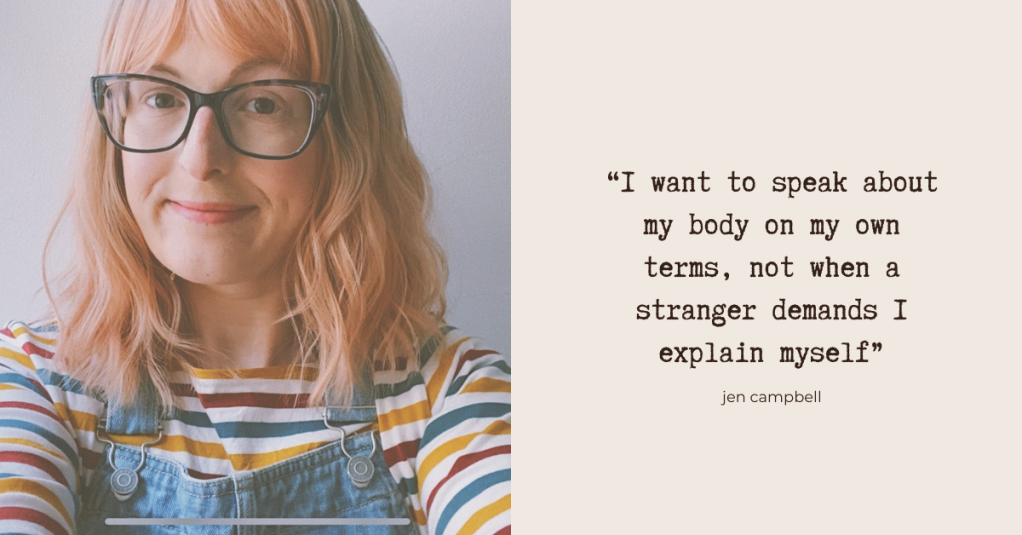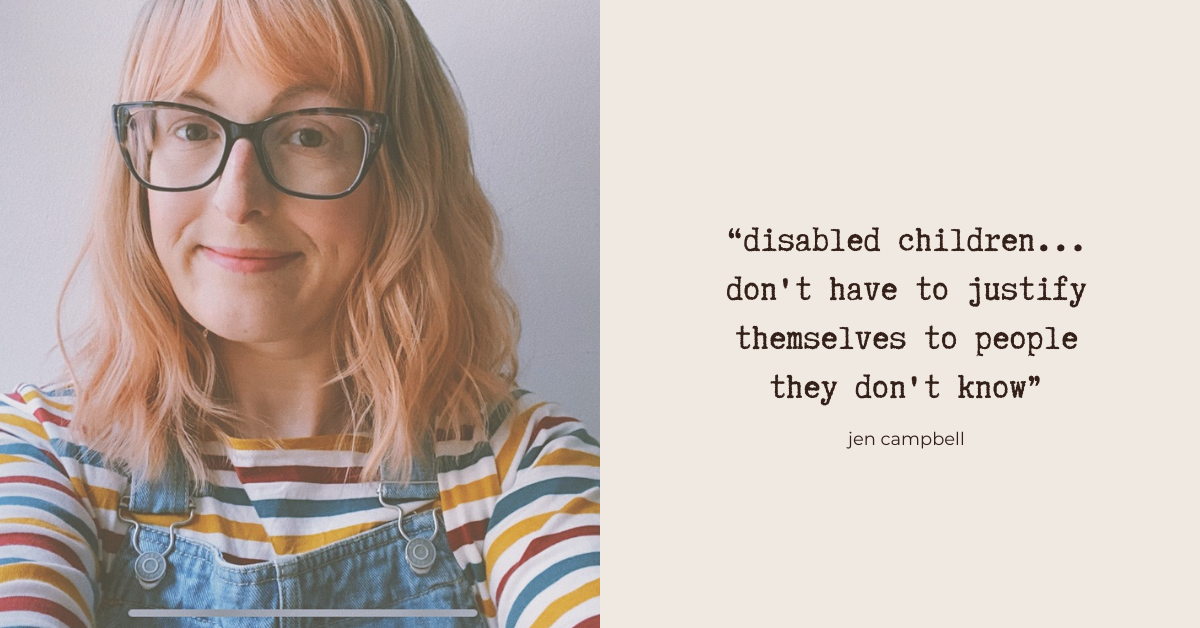I worked as a bookseller for many years. It was an antiquarian bookshop, so I spent my days reuniting customers with childhood treasures, titles they could only partially remember (“the cover was blue!”), sorting through vintage Puffins, proudly referred to as The Bookshop Lady on a daily basis. I loved my job. But there was a part of it I hated. Several times a week, without fail, I’d be having an animated conversation with a customer about something bookish and, out of the blue, they’d suddenly say: “Wait, what’s wrong with your hands?”, coupled with a look of horror or curiosity, and I’d be pulled out of our lovely chat and thrown into memories I’d rather not dwell on: hospitals and needles and dark rooms that smell of anaesthetic. I’d struggle to answer them, feeling like I was failing some kind of test. Being interrupted, in this case in the middle of doing my job, and being stripped back to my disability alone is always disarming and invasive. I’m proud of who I am but I want to speak about my body on my own terms, not when another adult, a stranger, demands I explain myself.
You would think that being asked the “what is wrong with you?” question so often, all throughout my life, would mean I’d get better at answering it, but trauma doesn’t work like that. Some days I feel more equipped, others not, but please remember that when you ask a disabled person what’s “wrong” with them, you might be asking them to relive the most difficult time of their life, simply to satiate your curiosity — and I say that as someone who was born disabled, not even as someone who had an accident or illness later in life.
Even writing this, I feel a resistance. Pre-empting the “it’s just a question” eye roll; the follow-up of “surely it’s more a question of how someone asks, rather than anything else?” I feel myself slumping. I could try to explain myself forever. As a child, I was told I should be “friendlier and nicer than other people”, so that others would like me — the assumption being they’d be put off to begin with, and it was my job to win them round. Disabled people are often taught to be people pleasers, to put non-disabled people’s comfort above our own, so much so that we often forget to ask ourselves how we’re feeling in a situation. We’re shamed by others for not wanting to answer invasive questions; we feel shameful if we do answer and give too much of ourselves away. I’ve also been in situations where I have been alone and refused to answer the “what’s wrong with you?” question and I’ve been met with anger and indignation, so now every time I’m asked the question, I also have to ask myself: “is it safe not to answer here?”
Perhaps you are beginning to see how difficult this is. It’s never just about the question itself. There were customers who refused to take change from me because they thought I was “contagious”. There are people who take photos of my hands on the tube when they think I can’t see them. There was the woman who brazenly told me she thought my parents should have had an abortion. Etc, etc. So, when someone says “what’s wrong with you?”, my brain automatically starts thinking about all the things I’ve just mentioned, whilst simultaneously assessing the situation, and the safest way to handle it, which (I’m sure you can agree) is a lot of things to fill one brain in one moment. It’s all a bit exhausting, really, especially when I’m just trying to go about my day.
The exhaustive baggage that comes along with the “what’s wrong with you?” question isn’t usually the fault of the individual asking it. I know that. However, now that I’ve explained the space outside of the question, now that you’re able to contextualise it, I hope this is something to bear in mind in the future.
Jen Campbell kindly wrote the piece above for us in April 2023. You can also find it on Instagram.
“Curiosity is a fabulous thing but endless questions from strangers can be exhausting. As a disabled person who often felt the need to make up answers as to why I was missing fingers (sharks! witches! insert other ridiculous things here)…
“disabled children… don’t have to justify themselves to people they don’t know.”
Jen Campbell – review of What Happened to You?

Jen Campbell is a British author and poet, book reviewer and content creator with a particular interest in disability and fairytales.
She kindly sent us the essay above when we showed her this website.
Find her on YouTube, Instagram, and about her books here on her website.

